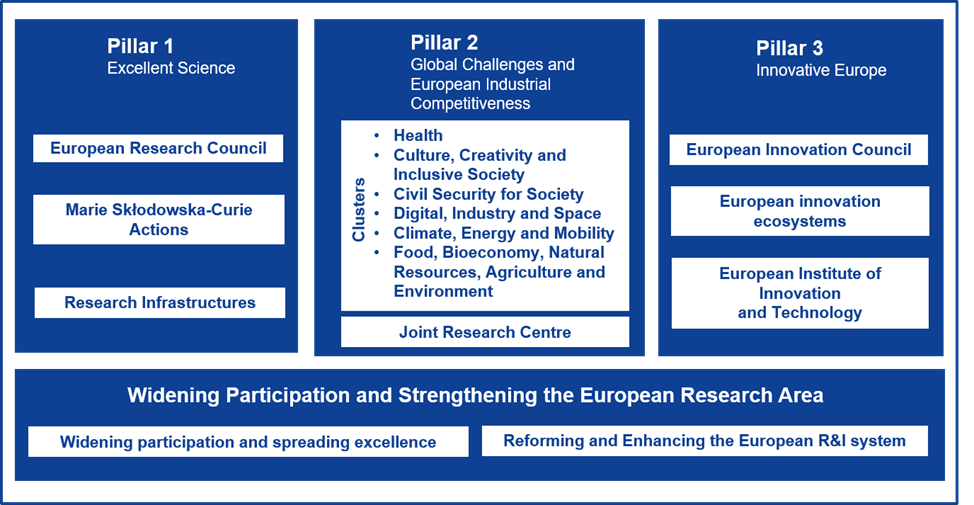We consider a product or a service ‘innovative’ when it can provide us with solutions. A panacea for the problems we face in modern society, which usually builds on something that already exists. So, no new-fangled creation in the pure sense of the word is involved. That would be defined as invention.
Oddly enough, it was only in the 19thcentury that the term ’innovation’ started to acquire positive connotations. Before then, innovation was mostly linked with politics and religion. In politics it was considered derogatory because it opposed tradition, whereas in religion it was considered heretical, just because it was a synonym of difference. The Industrial Revolution in the 18th century paved the way for another, more positive, acceptance linking innovation with science and industry.
Today we consider innovation to be an idea that improves lives on a global level. The EC agrees on using innovation as a way to respond to growing world-wide challenges in the new R&I Programme, Horizon Europe. So much so that the whole 3rdpillar of Horizon Europe is dedicated to innovation, and open innovation is a horizontal priority in all pillars.

But what are the key things to bear in mind when applying and managing EU R&I projects?
1. Sustainable and global are not an option but a must
The European Commission and the United Nations already have a checklist for you to go through. The EC political priorities and the UN sustainable goals give you the scope of what needs to be targeted by your consortium when drafting your proposal. Tackling transversal and worldwide issues from climate change to education can only be achieved by promoting cross-country collaboration and strong alliances.
2. Open and available to everyone
Guaranteeing the openness of the results achieved (where legal agreements allow this) is key. We can’t expect to be able to reach long-term, impactful results on global issues on our own and then keep those discoveries locked away inside the four walls of our offices or labs. We aim to reach the greater good and, to do so, we need greater cross-country collaborations. It is part of a mindset where we acknowledge that the more people work towards a common goal, the more ideas and solutions will be found.
3. Your role in an innovative society
Before drafting your proposal, do some introspective work. Analyse what your role in your ecosystem is. Understand the society that surrounds you, make an ecosystem map and see what added value you can bring.
Then add all this to your proposal. Sections 1.3 and 2.2 seek to understand how you deal with open innovation, how you aim to achieve the collaboration and internationalisation discussed above and how you are thinking of maximising impact. Learn how to structure an outstanding impact section here.
4. Real solutions for world citizens
There is no room for blurry ideas. The Commission wants tangible solutions. Check the market and keep monitoring it. Focus on technology novelty, the market scope, innovation readiness and how your idea can be embedded within the innovation ecosystem.
5. IP, exploitation, and innovation management
Innovation management is a process that starts with proposal-drafting but goes on to implementation with a focus on using the results and increasing the benefit (social, research, technical, commercial) derived from the innovation to achieve impact. The internal procedures for capturing, analysing, protecting, and exploiting the results and the role of the innovation manager should be agreed on and discussed with the consortium.
There is also the new role of the Innovation advisor in Horizon Europe. The innovation advisor will have a key position in future research projects since they can help shifting research results towards innovation and societal gain.
To get the most out of your participation in an EU project, your organization should also be prepared for managing the IP arising from a research project. IP policies, exploitation strategies, tools and processes supporting researchers and students, complemented by a strong business relation with the key players of the innovation ecosystem are essential.
The list is not exhaustive, but it can give you an overview of what should be taken into account when including innovation in our projects.
Should you have more questions on Innovation in Horizon2020 and Horizon Europe, do join Europa Media’s one-day course on 13th November 2020. We are happy to be able to offer our EMDESK subscribers a discount of 15%. Just use the promo code EMD94478786 when registering (valid until 31 December, 2020).